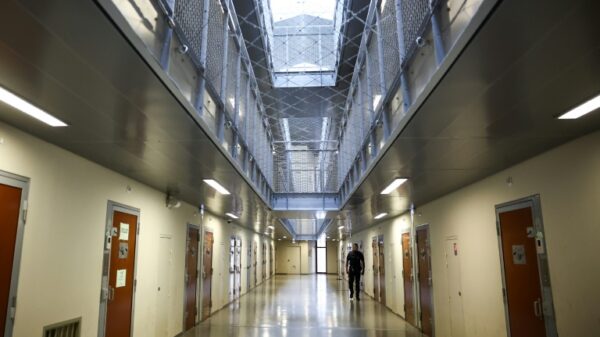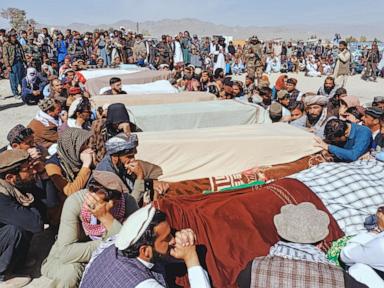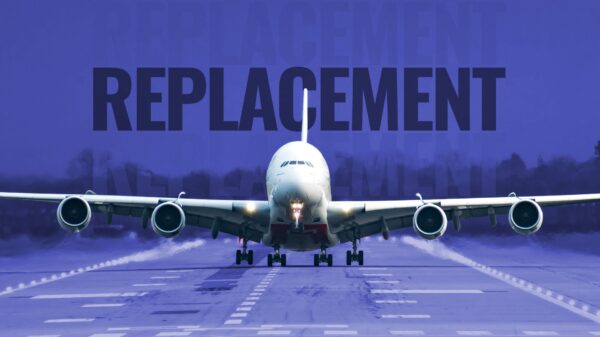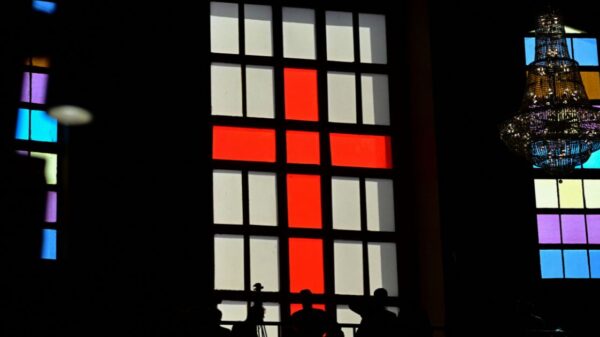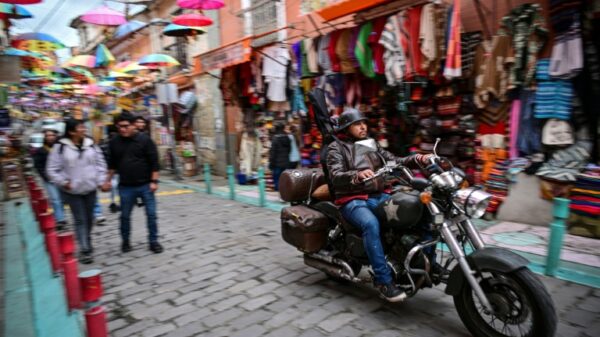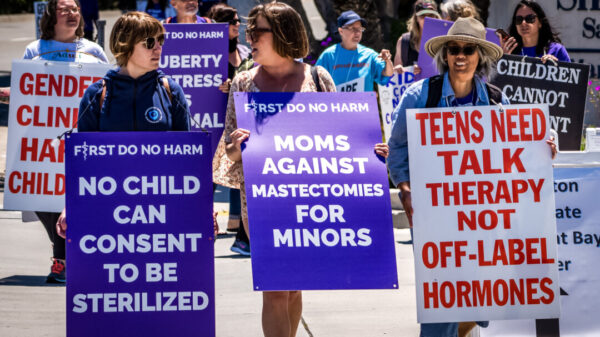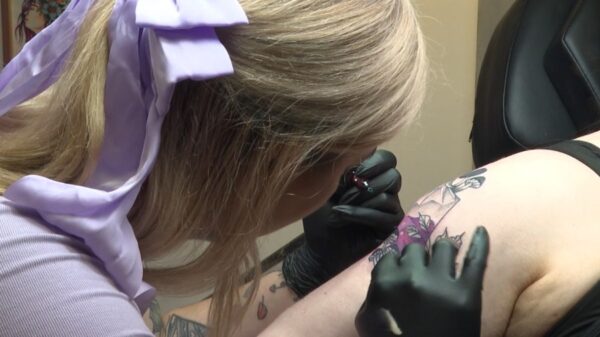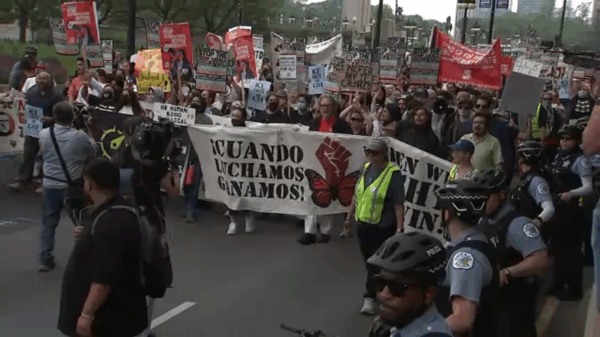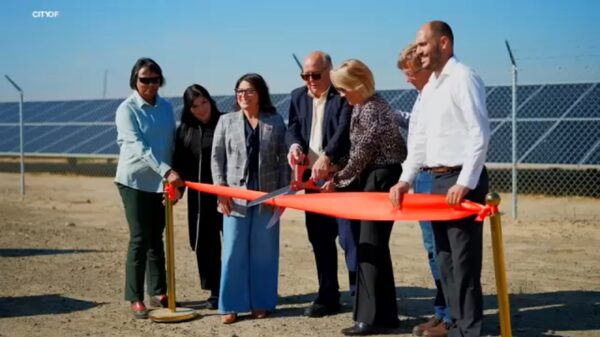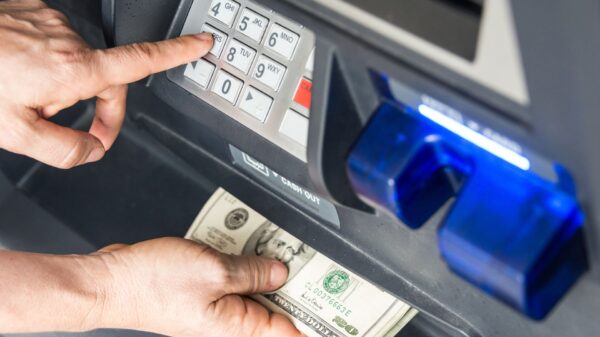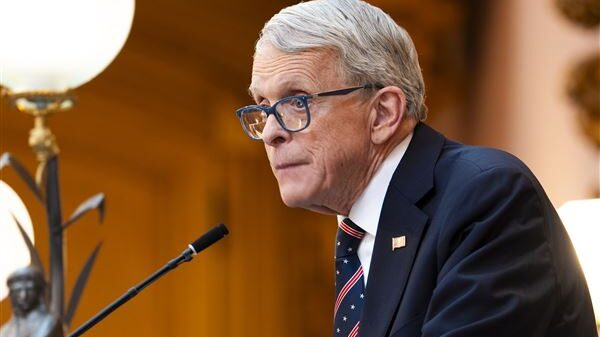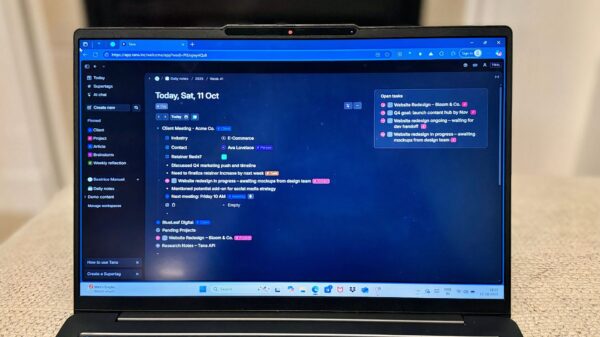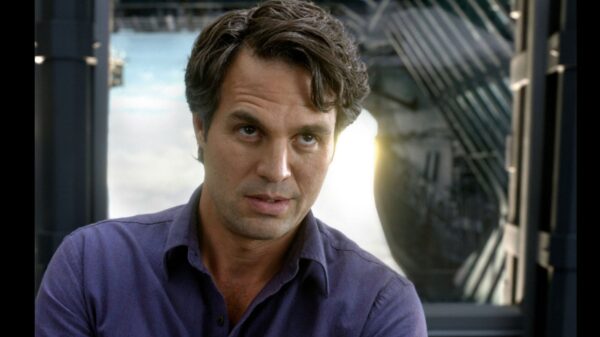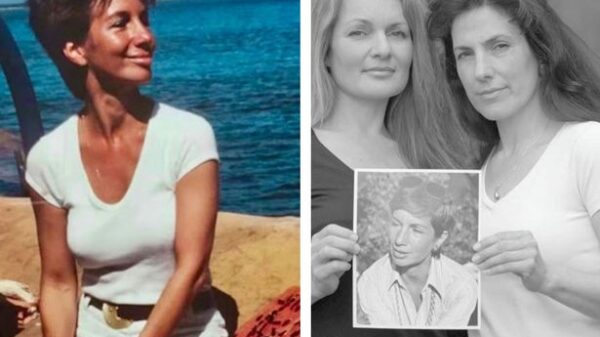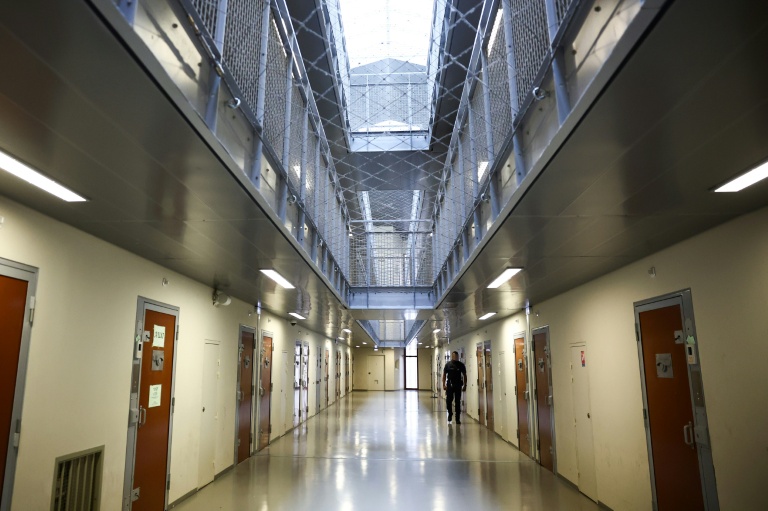UPDATE: France’s former president Nicolas Sarkozy has begun his prison sentence today, marking a historic moment as he becomes the first former head of an EU country to serve time behind bars. Sarkozy was sentenced to jail after being convicted of criminal conspiracy related to a scheme to acquire Libyan funding for his 2007 presidential campaign.
Sarkozy, who led France from 2007 to 2012, has been incarcerated at La Santé prison in Paris. He was convicted on September 25, 2023, and faces a significant legal battle ahead as he has filed an appeal against the verdict, calling it an “injustice.”
“It is clear I will sleep in prison, but with my head held high,” he stated to reporters following his sentencing. This prison term marks the first time any French leader has been jailed since Philippe Pétain, the head of state for the Vichy regime during World War II.
Sarkozy is expected to be kept in solitary confinement, confined to a nine-square-metre cell, to mitigate risks of interaction with other prisoners and to avoid potential media exposure. Prison officials confirmed that this arrangement is designed to keep him out of the public eye, especially given the notoriety surrounding his case.
The presiding judge, Nathalie Gavarino, characterized the offenses as of “exceptional gravity,” ordering incarceration despite the appeal. His lawyers are anticipated to seek his immediate release upon arrival at the prison, arguing for his freedom until the appeal is addressed. The court has a two-month window to review this request, and if denied, could impose conditions like judicial supervision or home arrest.
Sarkozy’s legal troubles have compounded since he lost re-election in 2012. He has faced multiple convictions, including one for graft, resulting in an electronic ankle tag which was removed earlier this year. The current “Libyan case” involves allegations that his aides engaged in an illicit agreement with late Libyan dictator Moamer Kadhafi to fund his electoral success in exchange for promises of assistance in repairing Libya’s international image.
While Sarkozy was acquitted of directly receiving or using the funds for his campaign, the court ruled against him on conspiracy charges, leading to his imprisonment. Public sentiment appears divided; however, a recent survey indicates that 60% of French citizens believe the sentence is justified.
The situation has incited significant public interest, especially from the political right, where Sarkozy still holds considerable support. His son, Louis Sarkozy, has called for demonstrations in support of his father, urging people to gather outside their home as he begins his sentence.
President Emmanuel Macron condemned the threats received by the presiding judge in the case, labeling such actions as “unacceptable.” Sarkozy’s incarceration at La Santé adds to the prison’s infamous history, which has housed notorious figures including Carlos the Jackal and Jean-Luc Brunel, a close associate of Jeffrey Epstein.
As developments unfold, the legal ramifications of Sarkozy’s case will be closely watched, with implications that extend beyond France’s political landscape. Public reactions and the outcome of his appeal could reshape perceptions of accountability among political leaders in Europe.
Stay tuned for updates on this breaking story as it continues to develop.





